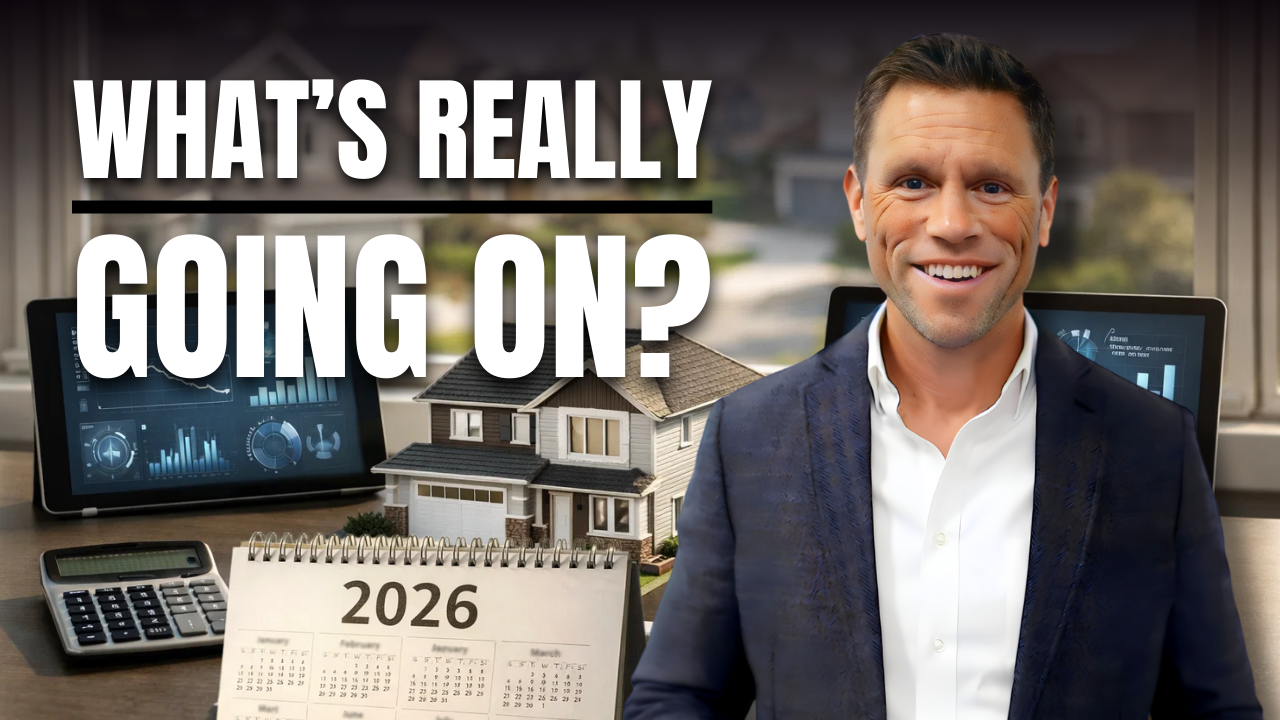Let’s Explore Your Selling Options. We will help you sell your home at the price and terms you want. Free Strategy Call
If a loved one passed away in the home and you’re preparing to sell the property, you may be wondering if that needs to be disclosed to buyers. This is a very common question, especially when a family member steps in as a successor trustee or administrator of the estate. The answer is yes, in some cases, you do need to disclose the death.
If the person passed away inside the home within the last three years, you are legally required to disclose that to potential buyers. This requirement appears on the standard disclosure forms used in real estate transactions. There’s a specific question that asks whether an occupant has died on the property in the last three years. If the answer is yes, you’ll need to include the date of death and the cause of death. These details can usually be found on the death certificate.
If the death occurred more than three years ago, you are not legally required to disclose it. However, if a buyer asks, it is still wise to be upfront and honest. Many sellers choose to share the information anyway to avoid any potential issues later in the transaction.
This type of disclosure is typical and happens more often than people think. It is part of a seller’s legal responsibility and helps maintain transparency in the sale. Whether you are stepping in as a trustee or handling the estate as an administrator, ensuring accurate completion of all required disclosures is an essential part of the process.
In terms of value, a death on the property can affect buyer interest. Some buyers may decide not to move forward once they learn that someone has passed away in the home. This could result in fewer offers or a longer time on the market. However, in many cases, especially in high-demand areas, it has little to no impact. If the home is priced well and appropriately presented, most buyers focus on the location, condition, and value.
Selling a home after a loved one has passed doesn’t have to be difficult. With the proper guidance, you can meet all disclosure requirements, avoid legal issues, and move forward with clarity. If you’re in this situation and unsure what to disclose or how to handle the paperwork, feel free to call or text me at 626-408-2890 or email me at daveknight@kw.com. I can help you understand your obligations, complete the right forms, and create a plan that supports your goals.
-
Let’s Explore Your Selling Options. We will help you sell your home at the price and terms you want. Free Strategy Call
-
Free Home Value Estimate. Know the value of your property for a cash offer or traditional listing. Request My Value
-
Looking for a Southern California Home?. Search the entire MLS for your Southern California home. Home Search
-
Free Real Estate Newsletter. Get our latest Q&A, insights, and market updates to make smarter decisions. Subscribe Now







